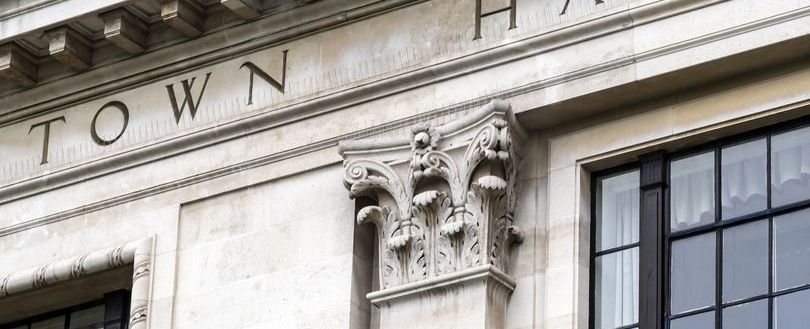
Cardinal Lofts development was signed off by the council despite being non-compliant at the time of build
Like it? Share it!
17 March 2023
Cardinal Lofts is a nine-storey residential building, constructed as part of a major £75m waterfront project in the city between 2005 and 2010.
This week, the building was fully evacuated after the fire service served a prohibition notice on the remaining residents this week.
Residents have now shared a report into the building which reveals that the property was non-compliant with regulations and guidance from the moment it was built.
In the aftermath of the Grenfell Tower fire, thousands of buildings around the country have been deemed in need of remediation because of the use of combustible materials in the external wall.
For some, this is despite having been compliant with the government’s official guidance at the time they were built, such as those that are below 18 metres tall or that feature combustible balconies or windows using ‘Class 0’ rated cladding panels.
But the report into the system at Cardinal Lofts reveals that the materials in its external wall were not compliant with the rules even when built but were still signed off by local authority inspectors.
The property has different cladding systems at various heights. These include insulation rendered directly onto the walls of the building on the lower floors and a rainscreen system for the top three.
The rendered insulation on the lower floors use highly combustible expanded polystyrene, which has a ‘Class F’ rating, the lowest alphabetical fire grade, indicating that it is highly combustible.
Higher floors use non-combustible stonewool insulation, but also include combustible timber battens.
However, the top three floors use a metal rainscreen cladding system, which includes Kingspan Thermapitch TP10 insulation, made from a plastic called polyisocyanurate (PIR). This is a ‘Class E’ material, described in the report as “highly combustible”.
The report says this system “has significant quantities of combustible insulation”.
“This wall type is not compliant with current building regulations guidance nor the guidance at the time of construction,” it adds.
Further documents seen show that the property was signed off by an inspector at Ipswich Borough Council in January 2010.
A signed certificate of completion confirms that “as far as the local authority has been able to ascertain the substantive requirements of the building regulations are satisfied”.
The firm that built Cardinal Lofts was liquidated in May 2017, with the freehold sold to Grey GR, a wholly owned subsidiary of Railpen, the pension scheme for around 500,000 railway workers, with £37bn of invested assets.
Grey GR has become a major player in the building safety crisis, with various blocks in its portfolio requiring remediation work.
As well as Cardinal Lofts, it owns the Taper Building in south London, where residents are seeking legal action and Vista Tower in Stevenage where the government is taking it to court.
As well as its external wall defects, the building has communal fire doors that have failed tests, serious internal compartmentation issues and missing or defective cavity barriers.
The fire and rescue service had issued a prohibition notice covering the top three floors, where the most combustible cladding is located but Grey GR had asked residents in the rest of the building to leave as well.
Several had declined and remained in the building before a further prohibition was issued this week forcing them to leave.
The Kingspan insulation used on Cardinal Lofts differs from its flagship ‘K15’ phenolic foam, a small amount of which was used on Grenfell Tower. Unlike K15, Thermapitch TP10 has never been part of a system that has passed a large-scale test, nor has it been marketed for use on high-rise buildings.
A spokesperson for Ipswich Borough Council said: “Investigations into the structure of the building are ongoing and until the outcome is known it is not appropriate for the council to comment.”
To finish reading the full article, visit the SOURCE here.
Our eNews provides regular insight into industry trends, news headlines, and product and service information. For news articles parallel to those mentioned above, sign up for our eNews. Click here to sign up: Subscribe to our enews (fia.uk.com)
Related training
Related news
-
Call for Publication of BS 8414 Test Data
11 February 2026
-
New FIA Environmental Guidance Legislative Overview Published
03 February 2026
-
Record Rise in E-Bike and E-Scooter Fires Across London
28 January 2026
Related resources
-
Euralarm-FAQs-re-Environmental-Product-Declarations-EPDs.pdf 1
27 November 2025
-
Passenger Service Vehicle - Guidance Note
05 September 2023
